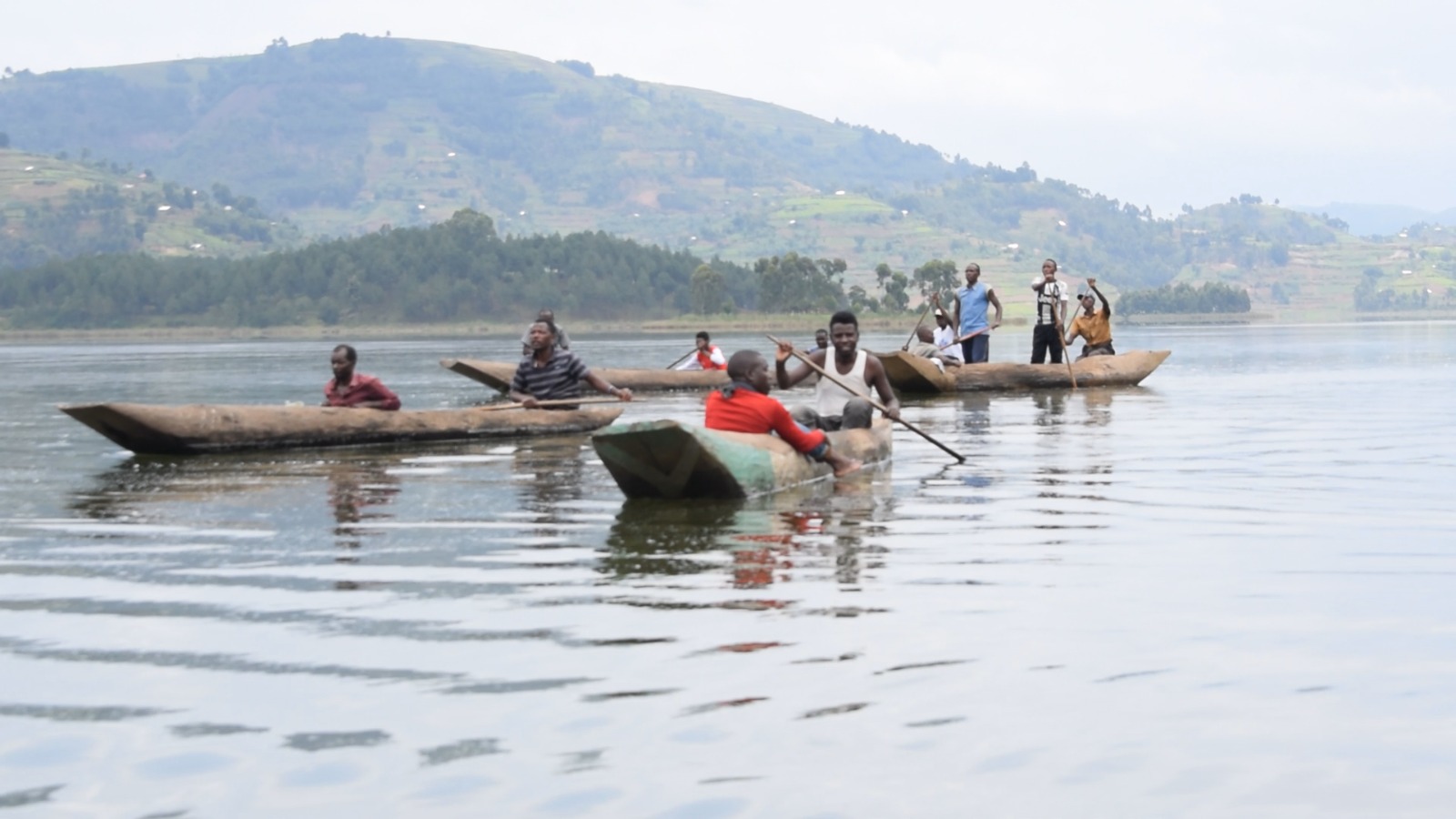Lake Bunyonyi's Beauty Blighted by Tragedy

Lake Bunyonyi, a jewel gracing Uganda's southwest, has been cast into a sorrowful silence. The very waters that once adorned the 5000-shilling note are now stained with grief. Four lives have been claimed in a mere seven days, leaving a gaping wound in the lakeside communities.
Sabiiti Jasper, a man of fifty summers from Rutozu village, became the latest victim on Wednesday evening. Returning home from Bungo village, his canoe was overcome by a sudden storm around dusk. A frantic search for his body commenced on Thursday, with locals and police joining forces, yet hope dwindled with each passing hour.
Just days earlier, a similar storm snatched away Naturinda Racheal, her innocent child Grant, barely five months old, and Lehonelia Kesande. Their small boat was no match for the fury of the elements.
Keep Reading
- > Broken Promises and Barren Fields: Serere Farmers Vent Frustration
- > Uganda's Intellectual Property Landscape: Progress and Challenges
- > Keddi Foundation Extends Relief Aid to Flood-Affected Residents, Market Vendors in Entebbe
- > Understanding the Role of RDCs in Uganda: Mandates and Responsibilities
A Silent Accusation
The whispers of the wind carry a sombre accusation. Residents like David Sunday point to a disregard for safety as the root cause of these tragedies. Overloading canoes and neglecting their upkeep court disaster.
Steven Kasyaba, the LC5 chairperson for Rubanda district, echoes Sunday's concerns. He laments the reliance on rickety canoes, often ill-prepared for the lake's unpredictable moods. The high cost of motorized boat travel forces many into a perilous situation. The period between February and March, notorious for strong winds, adds another layer of danger.
A Call to Action
These recent drownings serve as a stark reminder of the lake's unforgiving nature. The breathtaking beauty of Lake Bunyonyi should not come at such a heavy cost. Steps must be taken to prevent further loss of life. Overloading needs to be strictly regulated, canoes properly maintained, and affordable alternatives to traditional canoes explored.
A Place of Peace, Not Peril
Lake Bunyonyi, with its mystical depths and serenity, should be a place of peace, not peril. Only through implementing safety measures and fostering a culture of responsible boat use can this be achieved. The lives lost must catalyze change, ensuring that future generations can navigate these waters with respect and safety.













